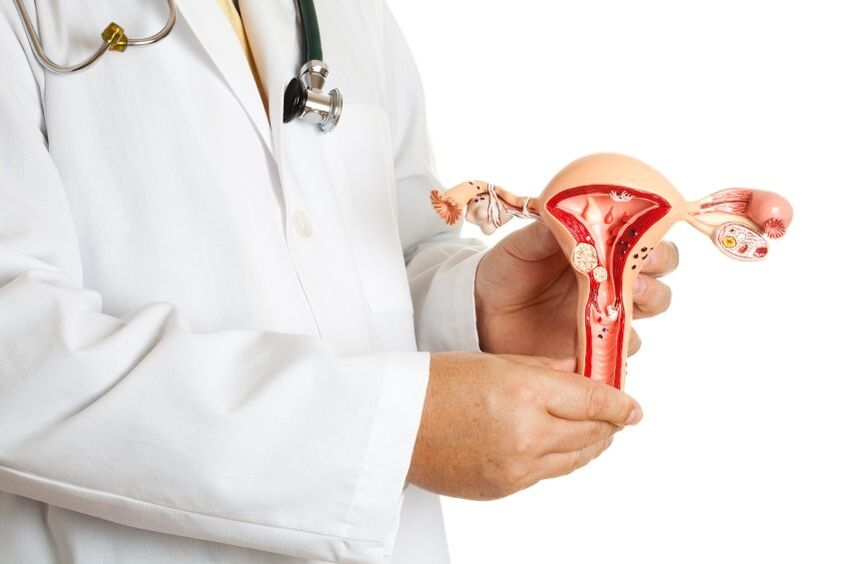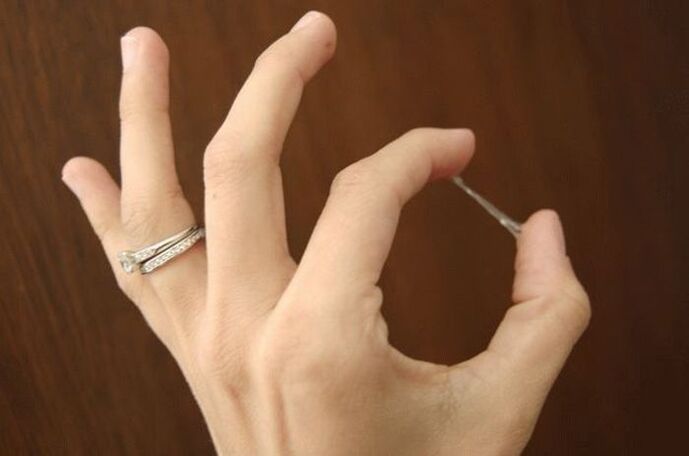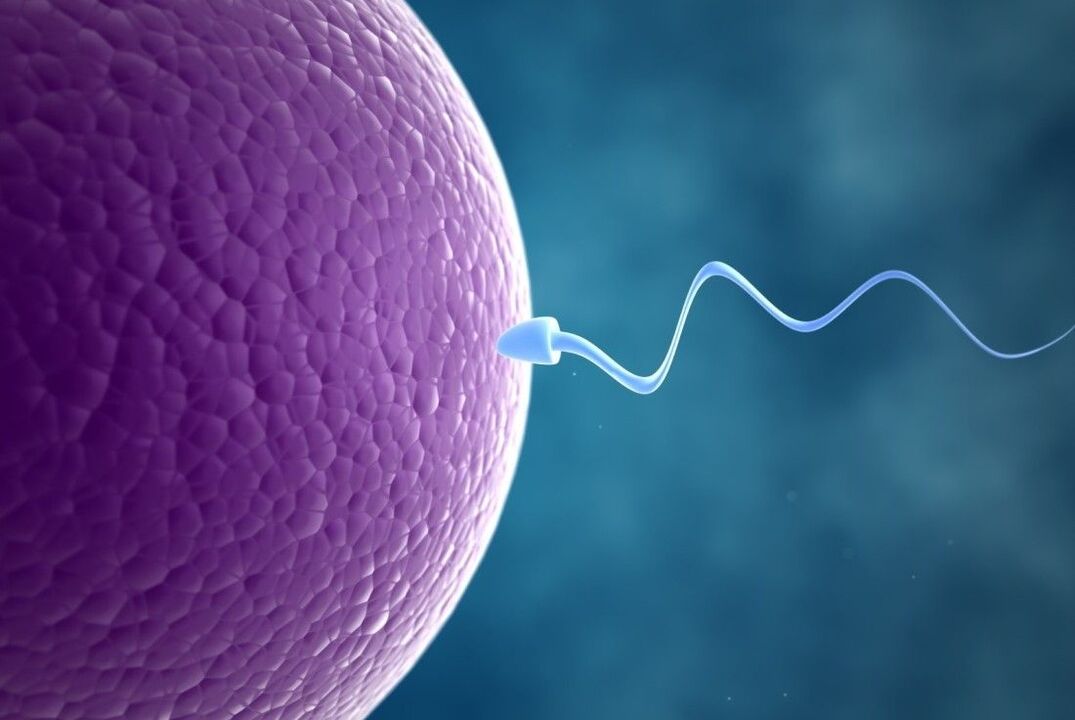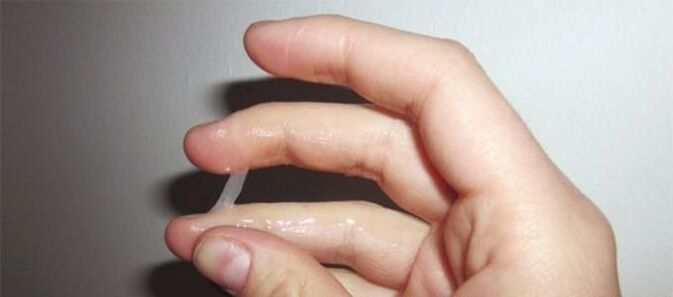The emergence of sexual desire in women is accompanied by swelling of the mammary glands and the release of lubricant. But few people know what is released in men when they are aroused. The stronger sex is capable of producing not only seminal fluid, but also a special lubricant that facilitates sliding when there is friction.

Mechanisms of male arousal
The process of sexual arousal is a complex psychological and physiological reaction. In most cases, sexual attraction begins with eye contact with the object of desire. In a man's subconscious, images of impending sexual intercourse appear, which causes an erection.
Not only a real image, but also a fantasy image can arouse sexual desire. This reaction may be slower. Erectile function depends on the responses of the central nervous system. A man's sexual performance is controlled by brain impulses that travel through the spinal cord.
The most important arousing mechanism is one's own thoughts and images that arise from fantasy.
Types of erection and their mechanism:
- reflex. This reaction occurs after stimulation of the genital organ. The reaction is physiological in nature and often occurs within a minute of masturbation. The mechanism has its origins in the spinal cord. Sexual desire can be observed even in a paralyzed person with spinal injuries.
- Psychogenic. This is an arousal mechanism caused by imagination and thought processes. Sexual images associated with possible sexual intercourse appear in a man's mind. This type of erection requires a healthy nervous system, as few patients with lower spinal cord injuries can achieve this.
- Night. Refers to a mechanical uncontrolled erection that occurs in all healthy men. The first nocturnal reaction of sexual arousal is observed in boys during puberty. The absence of a mechanical erection is a reason to consult a doctor and a sign of androgen deficiency and other physiological disorders.
The penis becomes hard after it is filled with arterial blood. Men may experience discharge when they are excited. At the same time, the ischiocavernosus muscles contract, compressing the base of the penis and blocking blood flow. During this time, urination is difficult.
After contractions along the epididymis, ejaculation occurs - the semen is expelled from the urethra. The bladder neck also contracts, preventing secretions from flowing back. The penis muscles then contract sharply and rhythmically, releasing 2 to 5 ml of ejaculate.
After ejaculation of semen, a man completely loses sexual desire and the hardness of the sexual organ disappears. In this case, an erection becomes impossible for some time and the formation of seminal fluid continues.
In a healthy man, sexual response can return within 10 minutes. However, this period varies and depends on the man's sexual habits and desires. Age, health and psychological state play an important role.

What is Precum?
When aroused, men secrete clear mucus - this is pre-ejaculate. It appears with or after an erection. The release of this fluid helps prevent injury to the penis during vaginal penetration.
The absence of pre-ejaculate in a man may indicate a pathology of the reproductive system.
The secreted substance is often referred to as preseminal fluid. There is another name – pre-seed. This lubricant is released not only before sexual intercourse, but also during mild sexual arousal, during stroking and masturbation. The appearance of pre-ejaculate indicates a man's desire to enter into an intimate relationship with a woman.

Where is it produced?
The secretion of lubricant in a man cannot be called a simple process. The body has special glands located in the muscles of the perineum at the base of the penis. They are called Cooper's glands or bulbourethral glands.
The male organs received their name in honor of the explorer Cooper. They were discovered in the 17th century, but the true purpose of the glandular tissue only became known later.
There are also milk glands in which part of the pre-ejaculate is formed. They are located in the urethra (from the neck of the bladder to the external opening of the urethra). Their main role is to secrete an alkaline mucous fluid, thereby increasing the volume of preseminal fluid. Usually it ranges from 2-3 drops to 5 ml.
The most common reason for a visit to the doctor is the release of pre-cum at the slightest sexual excitement. Such a sign can indicate a malfunction in the genitourinary system and cause problems. However, this situation can be treated. The andrologist prescribes therapy after appropriate examination.

Connection
Preseminal fluid is a mucous secretion containing alkali and various enzymes. Since the vaginal environment is acidic and repels men's semen, the lubricant helps to neutralize the "aggressiveness" of the female microflora.
There is a myth that discharge from a man's urethra can cause a woman to become pregnant. The lubricant does not contain sperm, but may be present if intercourse occurs without contraception within a few hours of masturbation or previous intercourse.
In this case, to avoid unwanted pregnancy, it is recommended to use a condom or other means of protection.

Features
Pre-cum is not only a lubricating, transparent fluid, but also a protective reaction of the mucous membrane. The release of pre-cum makes it easier for the penis to enter the vagina and helps relieve friction when a woman does not produce enough lubricant.
Penile secretions have several important functions:
- neutralize the increased acidity of the vaginal microflora,
- facilitate penetration into the penis, support the movement of sperm along the cervix,
- increase the likelihood of conception,
- Remove the contents of the urinary canal (urine, semen).
In an acidic environment, sperm die quickly. And thanks to the alkaline pre-ejaculate, they can enter the woman's genital tract undamaged and fertilize the egg. For this reason, male lubricant can protect sperm viability.
Discharge from the urethra also increases the likelihood of pregnancy, as semen quickly enters the uterus during sliding. In addition, natural lubricant helps to avoid the use of artificial substitutes and facilitates the penetration of the penis into the vagina when a woman does not have enough of her own secretions.

What does normal look like?
In medical terminology, urethral discharge is often referred to as libidinal urethral rhea. In appearance it is ordinary transparent mucus. During sex it is released in an amount of 1 to 5 ml. This amount is enough for pleasant sexual contact.
The precum also contains smegma, a fatty substance that accumulates in the foreskin fold. If a man remains faithful to a sexual partner or uses a condom during intercourse, no further inclusions or color changes occur. A slight white cast is possible.

Reason to see a doctor
The appearance of suspicious symptoms is a reason to see a doctor. Such changes in the body should alert you. If a man consults a doctor in a timely manner, the disease can be detected at an early stage, which contributes to a quick recovery.
The symptom is an indication and a reason to examine the body for the presence of infection or inflammatory diseases of the genitourinary system. The doctor will prescribe a diagnostic examination and laboratory tests to identify the cause of the development of the pathological process.
Additional symptoms to help diagnose:
- increased body temperature, fever, fever,
- feeling of pain or discomfort in the pelvic organs,
- redness of the skin, rashes and swelling of the tissue,
- purulent and bloody impurities in the discharge,
- itching and burning in the urethra,
- hyperemia in the penis area,
- other suspicious symptoms (urinary retention, erectile dysfunction).
Similar pathological processes in a man's body during excitement and during periods of rest are observed during infection with sexually transmitted diseases. If you notice one or more accompanying symptoms, contact your doctor immediately. Urgent antibiotic therapy may be required.
No pre-cum is released
After reading the article, some men may suspect there is a problem because they are not producing pre-ejaculate. This can be either a sign of normality or a sign of a pathological process.
The specified volume (1 to 5 ml) is a guideline. The amount of discharge from the urethra during excitement can vary and depends on the individual characteristics of the body. Sometimes a man does not notice the release of lubricant because it is released after penetration into the vagina.
In 5% of cases, the absence of pre-ejaculate is a symptom of the presence of inflammatory diseases. It is recommended that you consult your doctor if you have any potential problems. Disabled and elderly people may not have urethral discharge.

Changes in color and consistency
Any colored splashes should alert a man. Usually the color of the pre-seed is transparent, slightly white. You should also pay attention to the density. The preseminal fluid is thin and flows freely from the urinary canal during sexual arousal.
Reasons to see a doctor:
- Change in odor, appearance of a "fishy" unpleasant smell mixed with mold,
- increased discharge volume,
- the presence of blood and pus,
- Change in the structure of the pre-ejaculate, thickening, appearance of a cheesy sediment,
- Color change.
Gray, red, green, orange and other shades are a sign of an inflammatory or infectious process. This is how the body responds to a viral invasion. Sometimes colored discharge is a sign of the normal rehabilitation process after prostate surgery, antibiotic therapy, or other surgical procedures.
Sticky, clear discharge sometimes indicates infection with infectious diseases: staphylococci, streptococci, E. coli. The release of bacteria is observed not only in the pre-semen, but also when the penis is at rest.
What can the appearance of different shades of pre-cum mean:
- Grey-green color. Indicates the presence of an infection in the body. This is not always a sign of sexually transmitted diseases; Flu or ARVI can manifest themselves in this way. This is usually accompanied by an increase in body temperature.
- Thick white discharge. They talk about the development of fungal diseases, most often it is candidiasis. Transmission occurs through an infected sexual partner. If a pathogen is detected, both the man and the woman must be treated.
- Red color. Indicates the presence of blood in the discharge. This symptom is typical for urological diseases (urethritis, cystitis), chronic prostatitis and a number of other diseases not related to the urinary system: hypertension, atherosclerosis.
- Yellow. This is a sign of infection with sexually transmitted diseases. Men rarely show symptoms of a sexually transmitted disease; most often the disease occurs in a latent form. If yellow discharge appears, chlamydia, ureaplasmosis, mycoplasmosis and other sexually transmitted diseases are suspected.
- Purulent discharge. They talk about the presence of certain types of infections such as gonorrhea, syphilis and gonococcal infection. Often accompanied by problems with urination and erectile dysfunction.
Only a doctor can make an accurate diagnosis. A routine examination is not enough to detect the problem; laboratory diagnostics, sometimes using ultrasound, are required.
The key to recovery is timely consultation with a doctor.
Do not self-medicate or let the illness take its course. Sexually transmitted diseases provoke the appearance of many pathologies and can cause problems with urination, erectile dysfunction and a weakening of the body's immune defenses.



























